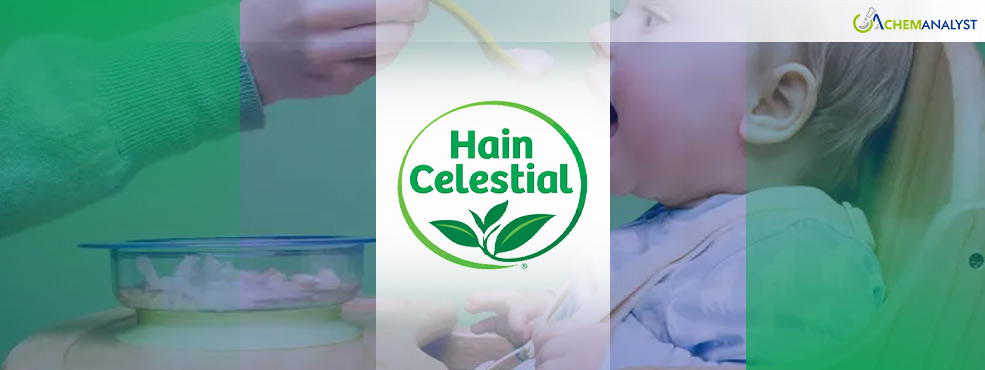Welcome To ChemAnalyst

A U.S. judge has ruled that Hain Celestial Group (HAIN.O) must face a proposed class-action lawsuit alleging that its baby food labels failed to disclose the alleged presence of arsenic. The lawsuit claims that Hain’s Earth's Best Baby Food products contained levels of arsenic that exceeded "recognized safe thresholds." U.S. District Judge Nina Morrison, presiding over the case in Brooklyn, stated that the parents filing the suit had plausibly argued that such information would be material to reasonable consumers. Parents often pay a premium for products marketed as safe and healthy for their children, and the alleged omission could influence their purchasing decisions.
Despite allowing the arsenic-related claims to proceed, Judge Morrison dismissed similar claims regarding the alleged presence of other heavy metals in Hain’s baby food, including lead, cadmium, and mercury. She reasoned that there were no established safety benchmarks for these metals to determine when their presence would be unsafe for children. This partial dismissal reflects the difficulty of litigating such cases without clear scientific or regulatory standards. However, the continuation of the arsenic claim highlights its potential significance in consumer protection and food safety litigation.
Hain Celestial, based in Hoboken, New Jersey, sought to have the case dismissed, arguing that the parents lacked standing to sue. The company stated that the plaintiffs had not demonstrated actual harm to themselves or their children as a result of consuming the products. Additionally, Hain maintained that its product labeling was not misleading. The company further argued that the presence of heavy metals in its baby food is "unavoidable," given that these elements naturally occur in soil and water, which are integral to the cultivation of many ingredients.
This lawsuit is one of many filed against baby food manufacturers over the alleged presence of toxic heavy metals in their products. Other companies facing similar accusations include Beech-Nut, Nestlé’s Gerber, Danone’s Nurture, and Walmart. These manufacturers have also denied that their products are unsafe. The surge in litigation was triggered by a 2021 report from a U.S. House of Representatives subcommittee on economic and consumer policy. The report alleged that several baby foods contained "dangerous" levels of heavy metals, which could pose neurological risks to children. This revelation intensified public concern over the safety of baby food products and led to increased scrutiny of the industry.
Following the judge’s ruling, Hain’s shares dropped by as much as 7.2% on Monday, reflecting the potential financial and reputational risks associated with the case. As the lawsuit progresses, it underscores the growing demand for transparency and accountability in the baby food industry, where parents rely on clear and accurate labeling to make informed choices for their children’s health.
We use cookies to deliver the best possible experience on our website. To learn more, visit our Privacy Policy. By continuing to use this site or by closing this box, you consent to our use of cookies. More info.
